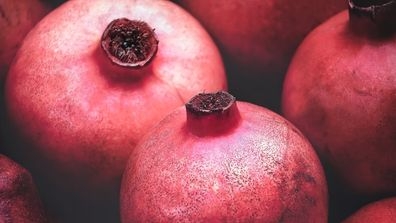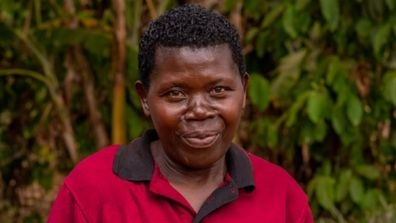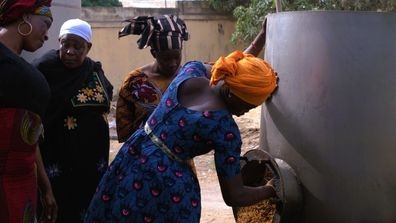This story was originally published by IFAD.
The International Fund for Agricultural Development (IFAD) and the Government of the Lao People’s Democratic Republic today signed an agreement for a nutrition-sensitive agriculture project to address food insecurity and malnutrition among the rural poor. The project will especially focus on vulnerable groups such as women, young people, and people with disabilities.
The Agriculture for Nutrition – Phase II (AFN II) project builds on the success and lessons learned from the first phase (AFN I; 2016-2022). In particular, AFN I showed that sustainable climate-resilient agriculture practices, complemented by building strong community-based organizations that work for their members, could lead to higher incomes and better nutrition for rural families. It will also support the sustainable and inclusive recovery of the country’s agriculture and food systems after the COVID-19 pandemic.
“More than 60 percent of people in Lao PDR live in rural areas,” said Ambrosio Barros, IFAD Country Director, Lao PDR. “They depend on agriculture for their livelihoods. But most farmers are small-scale producers practicing subsistence, family-focused agriculture, and have been disproportionately affected by the pandemic. Hence AFN II focuses on the role of small-scale farmers in improving household nutrition and food security through sustainable agriculture.”
Lao PDR has seen significant economic growth over the last two decades, but the pandemic, climate shocks, and the war in Ukraine have impacted efforts to improve living conditions. This has taken a serious toll on rural families. Many struggle to meet household food requirements, making malnutrition a critical issue.
AFN I was financed by the Global Agriculture and Food Security Program (GAFSP) and managed by IFAD (in collaboration with the Department of Planning and Cooperation of the Ministry of Agriculture and Forestry, as well as the World Food Programme). By promoting small and medium-scale agricultural development, including through home gardens, the project has led to better nutrition, with a decline in stunting and higher incomes reported across project areas. AFN II will scale up AFN I in three provinces -- Oudomxai, Phongsaly, and Xiengkhouang – and in three others, in the south -- Salavan, Sekong, and Attapeu – and will reach 168,000 people across 28,000 households.
AFN II will establish community-driven agricultural and natural resource-based nutrition interventions. It will also improve market access and help create an enabling environment for more and better partnerships. AFN II is a US $48.2 million project, with IFAD contributing $13.2 million over seven years (2023–2029). GAFSP is providing $20 million through a grant, while the national government will provide $4.8 million. The private sector is expected to contribute $1.5 million and project participants will provide $2.1 million.
Since 1978, IFAD has supported 17 programs and projects in Lao PDR for a total of $509.07 million (with IFAD contributing $164.81 million), directly benefitting about 330,000 rural households. Read more about IFAD's work in Lao PDR here.




